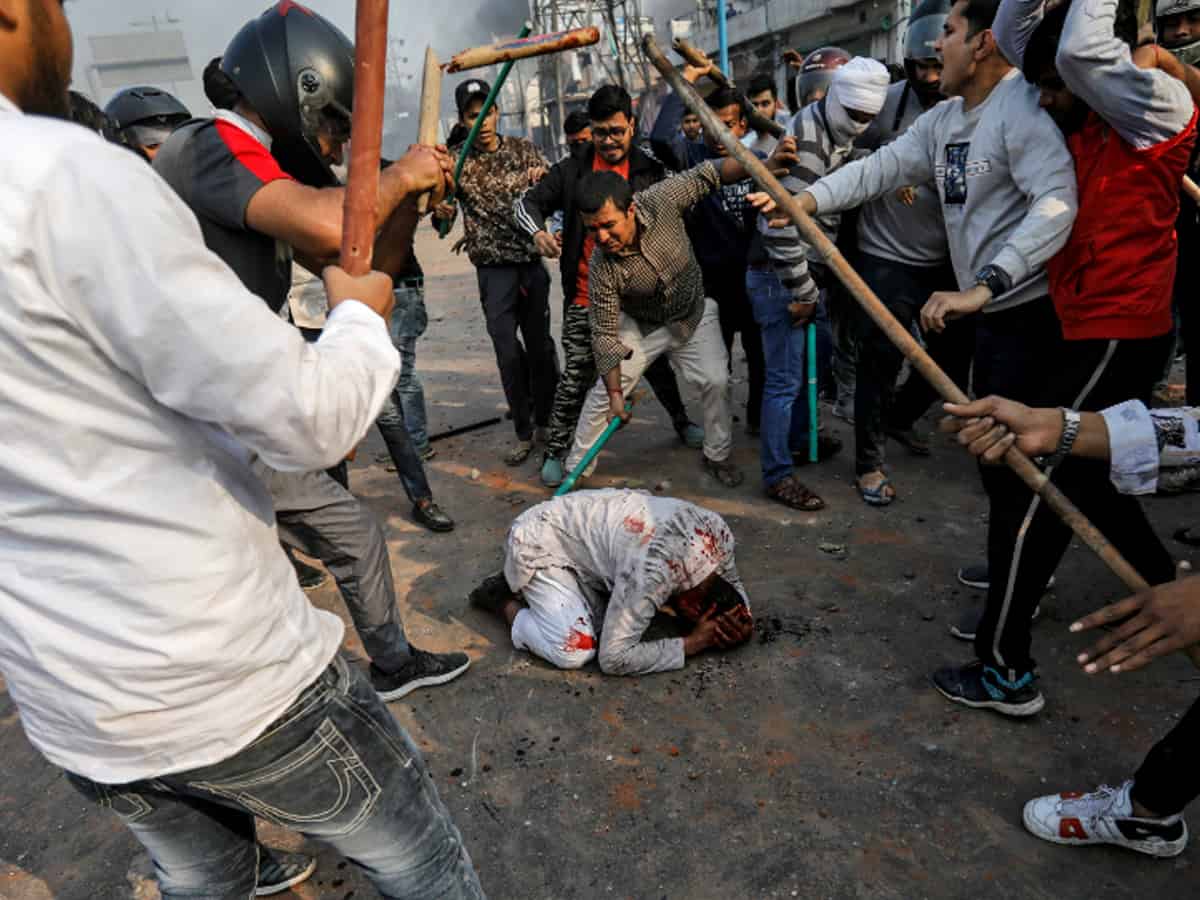The Citizenship Amendment Bill may have been implemented and the Delhi riots over it may have become the ‘2020s special case’ but the recent developments in the investigation of the riots have brought up the questions as to what are the rights of the judiciary and the rule of law and the people. On 29 December, Condemning the act of Delhi police for conducting search at the house of the advocate — Mehmood Pracha, the Supreme Court Bar Association has issued a statement and called upon the Delhi police to desist from using the information so seized in order to protect the provisions of free trial and legal profession. The statement stated that “the search and raid at the premise of the Bar Association member is illegal and it obstructs the advocates from carrying out their profession in fair manners and also affect the client-lawyer relationship. This act of the Delhi police is illegal and it shields the real culprits rather than bringing them to task. It also targets the vulnerable sections of the society.”
On the other hand, when one traces the events, the Delhi police had secured the search and seizure orders on the ground that the advocate Pracha has copy of incriminated documents at his premises and was helping the riot accused Sharrif Malik. And the search and seizure warrant was also issued to Pracha in advance so there is no question to believe that it is illegal raid. Furthermore, now the Delhi police have filed another FIR against Pracha for allegedly obstructing the research operations and not cooperating with the police. Pracha is representing three accused of Delhi riot case.
The cases filed against Pracha include Section 186 [obstructing the public servant in the discharge of their public functions], Section 353 [use of criminal force to deter the public servant from discharge of his duty] and Section 34 [common intention]. Pracha has called the search in violation of the due process, the constitution of India and legal profession.
In counter claims, the Supreme Court Bar Association [SCBA] president Dushayant Dave has called the Delhi police investigations as biased and motivated targeting the innocent people belonging to the certain sections of the society. The Supreme Court bar association statement has also questioned the provisions of rights to fair trail guaranteed under the Article 21 and the protection against self-incrimination guaranteed under Article 20[3]. Interestingly, the trial of the riot victims and the accused has also unfolded the way things have been handled. With these allegations and counter allegations, it is to be analysed as to who is justifiable in their actions and claims–the Delhi police or the Bar Association?
For a search warrant the police provide the magistrate with the an affidavit stating that it has probable cause to believe that criminal activity is taking place at the place to be searched and the evidence of a crime may be found there. Only then the magistrate can issue the search warrant. There is no provision in the civil procedure or criminal code for the seizure of the hard disks from the lawyer’s office. Hence in the given case, the search warrant was issued because the Delhi police claimed that there is some incriminating documents at the premises of the lawyer. The investigation and the seizure of the documents will blatantly violate the client-lawyer relationship as the information thereupon provided is to be kept confidential. Moreover, in the present case the police wants to search and recover the evidence from the computer. The seizure of hard disks is not provided either in the CRPC or CPC. So the seizure of hard disks has been done it would be the first such case. It is to be seen who will be proven right and then the new exceptional clause can be incorporated in the CRPC. But if proven otherwise, then the Bar Association should come down heavily on the Delhi police and the force from misusing their powers. The Supreme Court can then upheld its position of independent organ of the government and not be a mere puppet of the government. It can issue fresh guidelines for fair legal practice to protect the rights of the lawyer and the grounds where the police can encroach on the rights of lawyers.
What should be the next course of action?
Since the present case involves the questions of legal profession, provisions of the constitution, the Bar Council would the Delhi police discharge its powers in a fair manner?

